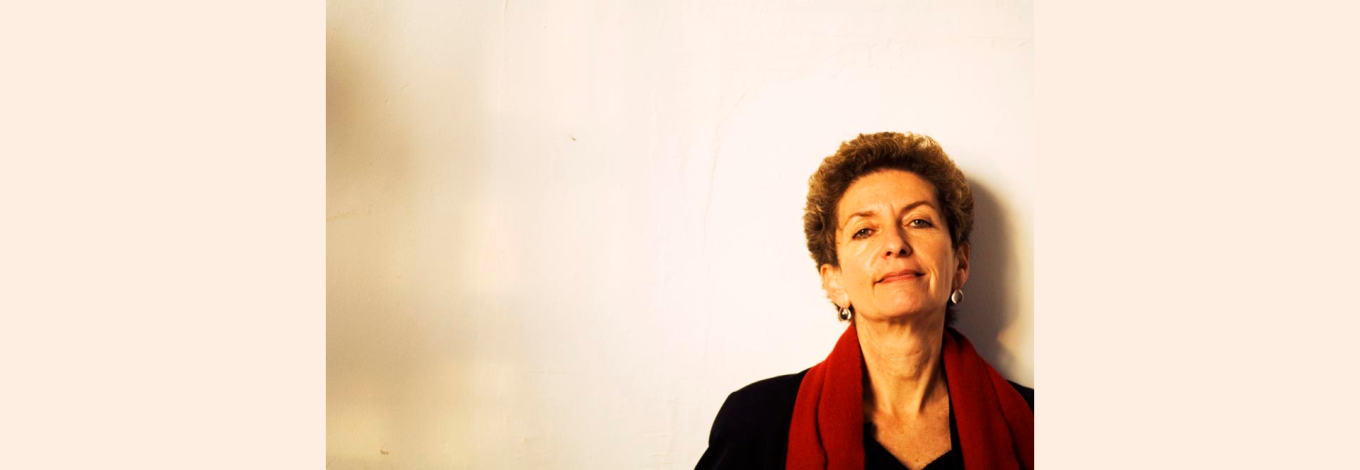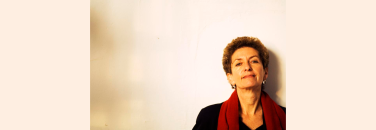Retrospective dedicated to the Austrian filmmaker.

Ruth Beckermann: the formal filmmaker
On 27 November 2022, Ruth Beckermann (Vienna) turned 70. She directed her first full-length feature, Arena squatted (Arena besetzt), in 1977. Her last film, Mutzenbacher, premièred at the Berlinale and took home the prize for best film in the Encounters section. Her last film could also be seen in the Zabaltegi-Tabakalera section of the San Sebastian Film Festival’s latest edition.
One of Beckermann’s questions as a filmmaker involves a film’s form. A film’s form can be the result of a search during the process or, to the contrary, it can be a decision taken at the start of the project.
We find both cases in the director’s filmography. For example, in Mutzenbacher, the form was quite clear from the beginning: the director published a casting call for men aged 16 to 99 in the newspaper. It said that it was for a film associated with the anonymous and controversial book Josefine Mutzenbacher, which presents the fictitious memoirs of a young prostitute the supposedly lived in Vienna in the 19th century. The film shows the casting call itself where different man appear in a practically empty space that only includes a sofa and a grand piano. The director asks them to read a passage from the book, and different conversations about desire and sexuality arise from this reading. All of the men that participate in the casting call are filmed with a static camera. As such, in Mutzenbacher, the film’s form was clear from the beginning. Men going through a casting call, reading and speaking, filmed with a static camera.
We find a quite similar case with The dreamed ones (2016). This film has various similarities with Mutzenbacher, as we also find a straightforward space: this time a recording studio and two people reading. The individuals are an actress and an actor that read the correspondence of poets Ingebor Bachmann and Paul Celan, who fell in love in post-war Vienna. The major difference from her last film is that, in this case, the camera is in constant motion instead of being static. They are these types of decisions -if the camera is hand-held or static- that give films their form.
Waldheims Walzer (2018) was recognised at the Berlinale. In this case, the director also made an important decision: she would make a film using only archival images, images from the media, or those filmed by herself, but she would not do any interviews in the present about the past. In this film, the director reflects on the process of discovering the Nazi past of Kurt Waldheim, ex-Secretary General of the UN that was associated with the Austrian National Socialist party during World War II. The film has a brilliant moment where Beckermann analyses Waldheim’s hands and body language, giving the images the evocative power they possess.
Waldheism Walzer brings us to another characteristic of Ruth Beckermann’s work, as she is a political filmmaker. She co-directed her first films together with Josef Aichholzer, which we could contextualise as militant film. The director’s following films may represent the core of her filmography, as they discuss the persecution of Jews from three different perspectives: that of a militant Viennese politician that witnessed the 1924-1934 period, the perspective of Beckermann’s own family, and that of Israel.
Lastly, we should mention the film Homemad(e) (2001), where the filmmaker paints a portrait of her street in Vienna, Marc Aurel-Strasse, much like Agnès Varda did with hers in Daguerrotypes (1975). Here, Beckermann once again makes us reflect on Jewish exile and the political moment in History.
The cycle will be rounded out with Ruth Beckermann visiting Tabakalera in May to hold a session in which we will explore her way of making film and be able to discuss her different works and the forms found in each.
*Ruth Beckermann’s complete retrospective was possible thanks to collaboration with the Austrian Cultural Forum in Madrid.
